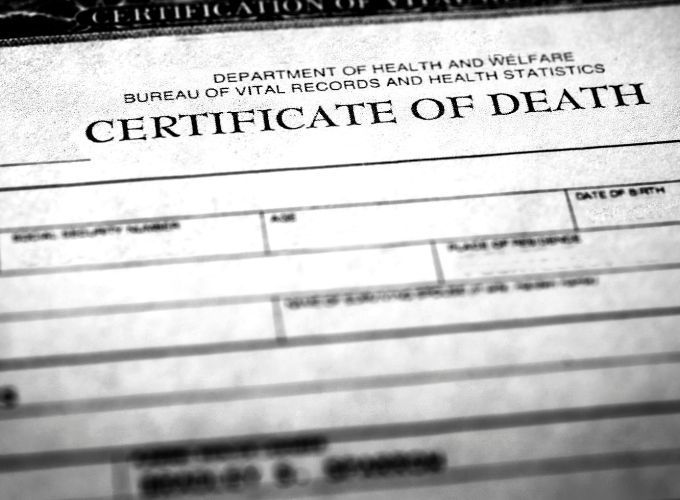Articles Of Interest
Helping Yourself Heal During the Holiday Season

Each year prior to the holidays, Buch Funeral Home has been honored to offer “Creating Memories of a Lifetime,” a program that allows local residents to learn how to better cope with their grief. We understand, though, that a brief program may not be enough to help every individual deal with their loss, especially if the death of a loved one has been very recent.
Internationally noted author Dr. Alan Wolfelt offers some strategies for managing grief during the holidays. The author of Living in the shadow of the Ghosts of Grief: Step into the Light and Director of the Center for Loss and Life Transitions serves as an educational consultant to funeral homes, hospices, hospitals and schools across the U.S. Following is an excerpt from Dr. Wolfelt on handling your grief during the upcoming holiday season.
Love Does Not End With Death
Since love does not end with death, holidays may result in a renewed sense of personal grief—a feeling of loss unlike that experienced in the routine of daily living. Society encourages you to join in the holiday spirit, but all around you the sounds, sights and smells trigger memories of the one you love who has died.
No simple guidelines exist that will take away the hurt you are feeling. We hope, however, the following suggestions will help you better cope with your grief during this joyful, yet painful, time of the year. As you read through this article, remember that by being tolerant and compassionate with yourself, you will continue to heal.
Talk About Your Grief
During the holiday season, don't be afraid to express your feelings of grief. Ignoring your grief won't make the pain go away and talking about it openly often makes you feel better. Find caring friends and relatives who will listen—without judging you. They will help make you feel understood.
Be Tolerant of Your Physical and Psychological Limits
Feelings of loss will probably leave you fatigued. Your low energy level may naturally slow you down. Respect what your body and mind are telling you. And lower your own expectations about being at your peak during the holiday season.
Eliminate Unnecessary Stress
You may already feel stressed, so don't overextend yourself. Avoid isolating yourself, but be sure to recognize the need to have special time for yourself. Realize also that merely "keeping busy" won't distract you from your grief, but may actually increase stress and postpone the need to talk out thoughts and feelings related to your grief.
Be With Supportive, Comforting People
Identify those friends and relatives who understand that the holiday season can increase your sense of loss and who will allow you to talk openly about your feelings. Find those persons who encourage you to be yourself and accept your feelings—both happy and sad.
Talk About the Person Who Has Died
Include the person's name in your holiday conversation. If you are able to talk candidly, other people are more likely to recognize your need to remember that special person who was an important part of your life.
Do What Is Right for You During the Holidays
Well-meaning friends and family often try to prescribe what is good for you during the holidays. Instead of going along with their plans, focus on what you want to do. Discuss your wishes with a caring, trusted friend.
Plan Ahead for Family Gatherings
Decide which family traditions you want to continue and which new ones you would like to begin. Structure your holiday time. This will help you anticipate activities, rather than just reacting to whatever happens.
Embrace Your Treasure of Memories
Memories are one of the best legacies that exist after the death of someone loved. And holidays always make you think about times past. Instead of ignoring these memories, share them with your family and friends. Keep in mind that memories are tinged with both happiness and sadness. If your memories bring laughter, smile. If your memories bring sadness, then it's alright to cry. Memories that were made in love—no one can ever take them away from you.
Renew Your Resources for Living
Spend time thinking about the meaning and purpose of your life. The death of someone loved created opportunities for taking inventory of your life— past, present and future. The combination of a holiday and a loss naturally results in looking inward and assessing your individual situation. Make the best use of this time to define the positive things in life that surround you.
Express Your Faith
During the holidays, you may find a renewed sense of faith or discover a new set of beliefs. Associate with people who understand and respect your need to talk about these beliefs. If your faith is important, you may want to attend a holiday service or special religious ceremony.
As you approach the holidays, remember: grief is both a necessity and a privilege. It comes as a result of giving and receiving love. Don't let anyone take your grief away. Love yourself. Be patient with yourself. And allow yourself to be surrounded by loving, caring people.











